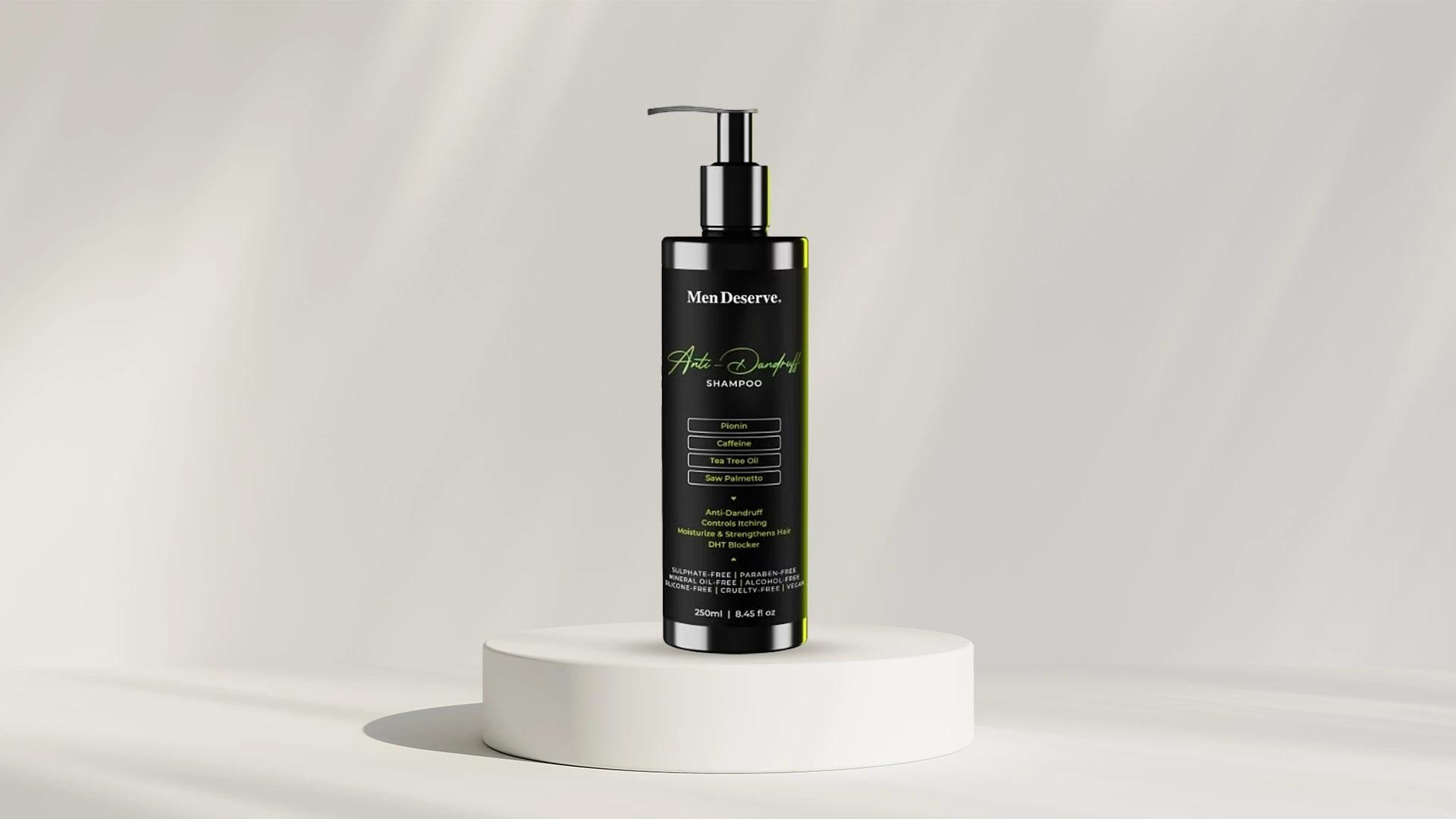What you eat directly impacts your scalp health. Focus on foods rich in zinc (pumpkin seeds, chickpeas), B vitamins (leafy greens, eggs), and healthy fats (avocados, nuts). Limit sugary and processed foods—they can promote inflammation and worsen dandruff.
Hygiene Practices
Keep your hair tools clean by washing brushes and combs weekly with warm, soapy water. Avoid sharing hats, hair ties, or styling tools with others. Change your pillowcases regularly—they can harbour bacteria and oils that contribute to scalp issues.
When to Seek Professional Help
Whilst natural remedies work brilliantly for many people, sometimes you need professional backup. Knowing when to see a dermatologist can save you from ongoing frustration.
Persistent Dandruff
If you've been consistently using natural treatments for 6-8 weeks without seeing improvement, it might be time for professional advice. Severe itching, significant hair loss, or spreading to other areas of your body are also red flags that need medical attention.
Underlying Conditions
Sometimes what looks like dandruff is actually something else—like psoriasis, eczema, or fungal infections. A dermatologist can properly diagnose your condition and recommend appropriate treatments. Don't ignore persistent symptoms that aren't responding to typical dandruff treatments.
Frequently Asked Questions
How long does it take to get rid of dandruff using natural remedies?
Most people start seeing improvements within 2-4 weeks of consistent use. However, it can take up to 6-8 weeks to see significant results, especially if you're dealing with stubborn dandruff. Patience is key—natural remedies work more gradually than harsh chemical treatments.
Can dandruff be cured permanently?
Dandruff can be managed effectively, but it's often a recurring condition rather than something that's "cured" forever. Maintaining a good scalp care routine and addressing underlying causes (like stress or diet) helps keep it under control long-term.
Are there any quick fixes for removing dandruff before an important event?
For immediate relief, try massaging coconut oil into your scalp 30 minutes before shampooing, or use an apple cider vinegar rinse. These won't cure dandruff overnight, but they can help reduce visible flakes temporarily.
How often should I use these natural remedies?
Start with 2-3 times per week for oil treatments and weekly for exfoliating treatments like baking soda. Once your dandruff improves, you can reduce frequency to maintain results. Listen to your scalp—if it feels irritated, give it a break.
Can dandruff cause hair loss?
Dandruff itself doesn't directly cause hair loss, but excessive scratching from an itchy scalp can damage hair follicles and lead to temporary hair loss. Treating the underlying dandruff usually resolves any related hair loss issues.
Key Takeaways
These seven natural dandruff remedies—tea tree oil, coconut oil, apple cider vinegar, aloe vera, baking soda, lemon juice, and omega-3 rich foods—offer gentle yet effective itchy scalp solutions. The key is finding what works for your specific scalp type and sticking with it consistently. Remember that natural treatments take time to show results, but they're often gentler and more sustainable than harsh chemical alternatives. Don't forget that lifestyle factors like stress management, proper nutrition, and good hygiene practices play equally important roles in maintaining a healthy, flake-free scalp. If natural remedies don't work after giving them a fair shot, there's no shame in seeking professional help—sometimes your scalp needs a bit more support than DIY treatments can provide.

 200 ml
200 ml 250 ml
250 ml 320 ml
320 ml 200 ml
200 ml